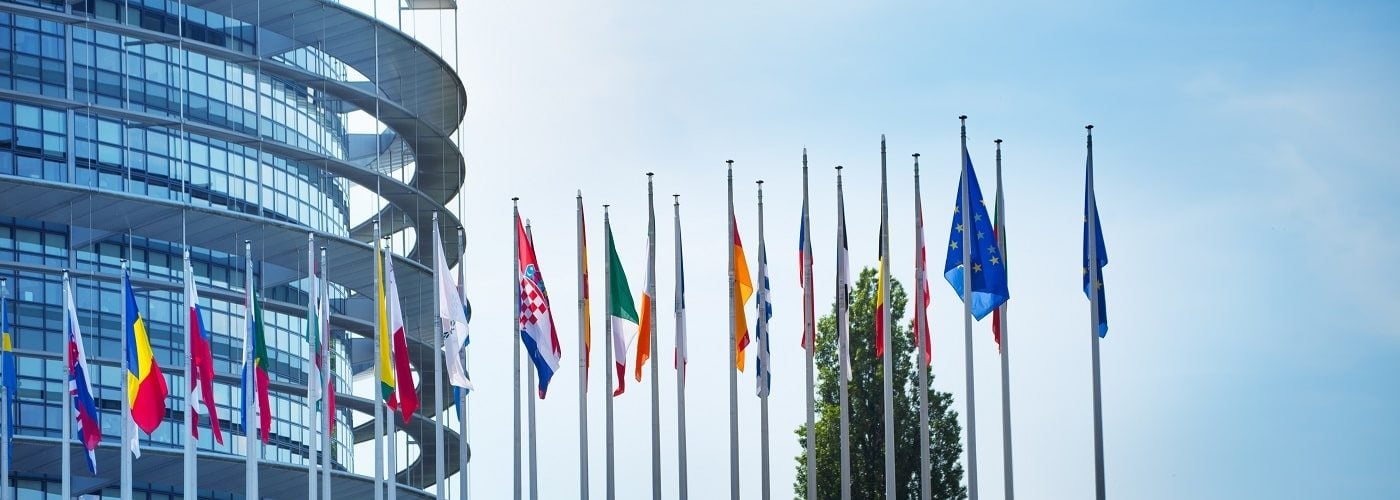
Back in 2015, over 157,000 children in Europe were born because of assisted reproduction technology techniques. Now in the early 2020s, we can be confident that the figure is even higher. Nevertheless, the lack of a Europe-wide monitoring agency means that we cannot quantify the figure exactly. The fact is that there is no Europe-wide regulatory agency for fertility treatment. Legislation in Assisted Reproduction may change in every country. However, the European Society of Human Reproduction and Embryology (ESHRE) is making significant strides to collate information through an interactive map covering 47 countries. Currently, each country has its own legislative framework relating to who can access fertility treatment, which treatments are available, whether sperm and egg donation are permitted, and if so, whether anonymity is guaranteed or outlawed.
In this IVI blog article, we are looking at some of some of the disparities between European countries, which reproductive technology techniques are allowed or forbidden, and where in Europe you might consider for the treatment of your choice and needs.
Some disparities between legislation in Assisted Reproduction
The area of assisted reproduction is regulated by law in most European countries. However , although there has been some shift towards uniformity, there is still wide variation in what that legislation specifies. For example, there are wide disparities in rules around the anonymity of donor gametes. This concerns also the access to treatment by age and relationship status, and techniques for the preservation of fertility.
Egg and sperm donation and anonymity
Most European countries do allow the donation of gametes but there are inconsistencies between egg and sperm. Sperm donation (and therefore the use of donor sperm in fertility treatments) is allowed in 20 of the 27 European Union states. Egg donation is only allowed in 17 member states. Of those that do allow the donation of gametes, there is yet more variety between states on whether anonymity is allowed. Guaranteed anonymity is the law in 18 countries including France and Spain but in other countries, although the recipient can remain anonymous, resulting children can gain access to full information about the donor when they reach a certain age. This applies in Switzerland, Germany, Malta and Finland as well as the (non-EU) UK.
Donor age rules
Most countries set limits for the age of donors. It is fixed most typically in a minimum of 18 and an upper limit of 40. The maximum ranges from 34 in Serbia, 38 in France, but the majority set the upper limit at 35.
Access to assisted reproductive technology in Europe
The issue of access is one in which we see a wide variety of regulations. In some countries, including France and Italy, assisted reproduction can only be offered to heterosexual couples. In the case of France, this is limited to couples who can demonstrate either serious illness or medical infertility. All women can access treatment in 10 European countries. In 10 other countries only heterosexual couples are eligible. Of women not in a heterosexual relationship, in Austria, only lesbian couples can benefit, and in 7 other countries, only single women.
Spain was the first European country to open infertility treatment to all women, as well as its first sperm bank. More recently there has been further progress in access. Portugal amended its legislation in 2016 to allow all women, including single women and lesbian couples, to access fertility treatment.
Preservation of fertility
The comparative slowness of some European countries to recognize the rights of single women and lesbian couples to access fertility treatment may explain why the development of the preservation of fertility techniques such as egg freezing have not been as widespread as, for example, in vitro fertilisation (IVF). The freezing of eggs and sperm for medical reasons such as impending cancer treatment which could damage the patient’s fertility is allowed in all countries. However, fertility preservation for social rather than medical reasons is allowed in Germany, Switzerland, Spain (and the UK). It remains banned in several member states including Austria, France, Hungary, Lithuania, Malta, Norway, Serbia and Slovenia.
Which reproductive technology techniques are allowed in which countries?
Again, we see a wide range of rules that apply in different countries. In terms of intrauterine insemination (IUI) and IVF for example, although donor sperm is allowed in most countries, egg donation is not allowed in some including Germany, Switzerland, and Turkey. Genetic testing of embryos, known as PGT-A, are available in Spain and the UK. They are not allowed in Denmark, France, Germany, and other countries.
Where in Europe is best for different reproduction technology techniques?
At IVI, we have clinics in Spain, the UK, Portugal, and Italy. The assisted reproduction legislation governing treatments are all different, but all allow different types of services depending on the patient’s needs. For example, if you need fertility treatment with donated eggs or sperm and you would feel more comfortable with an anonymous service, Spain’s regulatory framework allows for this whereas it is not allowed in the UK or Portugal. However not all fertility treatment necessitates the use of donor eggs and standard IVF or IUI treatment can be accessed in any of these countries.
Finding out more about IVI
Clearly, a potential patient won’t know which country in Europe they should choose for their fertility treatment until they have had a diagnosis and expert advice. We have more than 35 IVI clinics throughout Europe. Of these, 11 IVI clinics in Spain offer a specialist English-language service, together with an English-speaking mentor to accompany you through every step of your treatment journey. You can find out more by contacting us using our online contact form. You’ll find a warm welcome and easy access to all the information you need.





Comments are closed here.